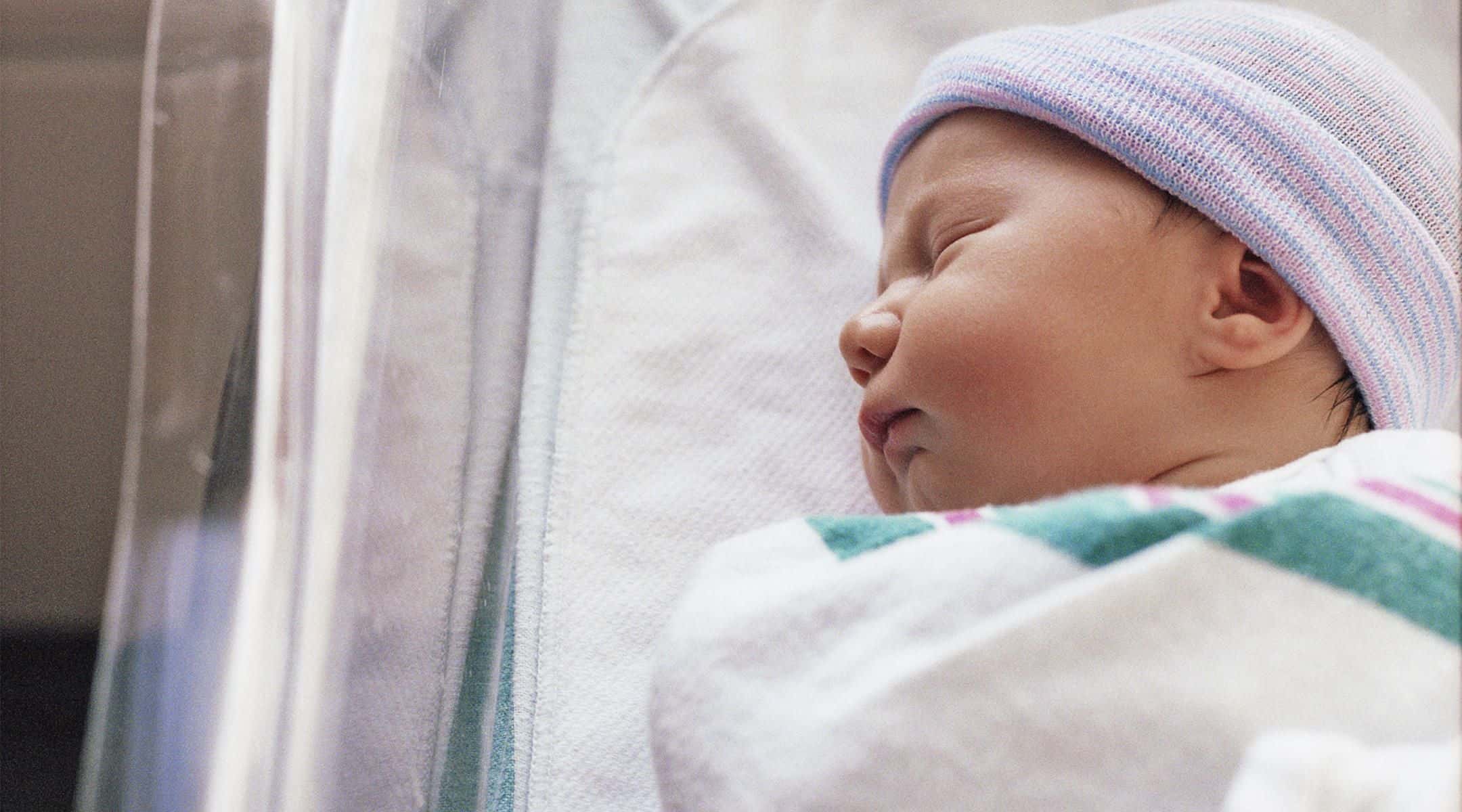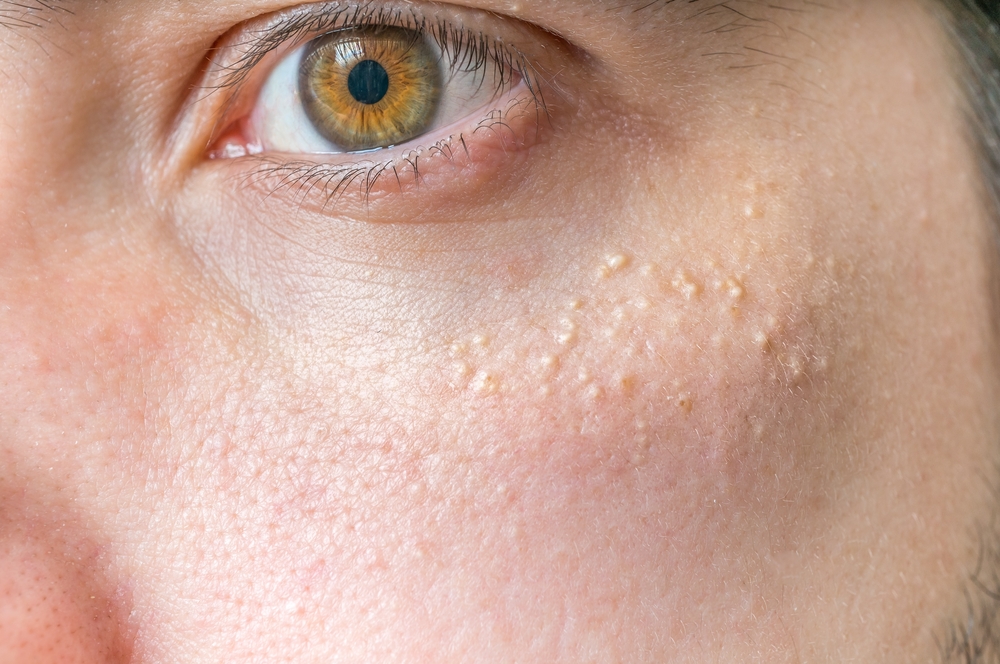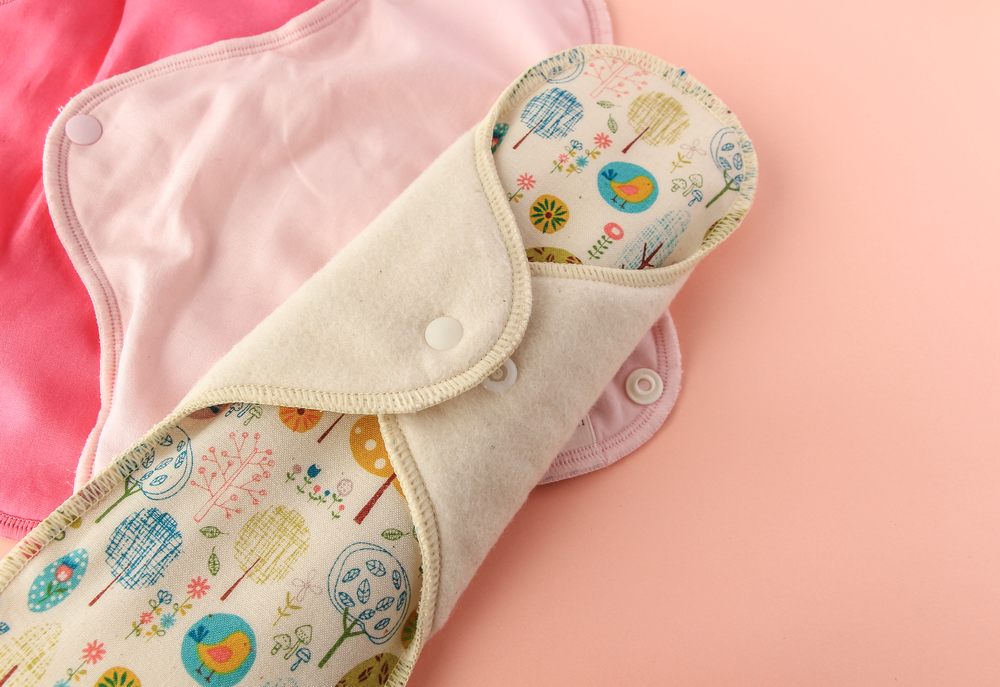Contents:
- Medical Video: Hepatitis B Vaccine- Vaccines and Your Baby - The Children's Hospital of Philadelphia (7 of 14)
- Can hepatitis be transmitted through breast milk?
- Is it safe for hepatitis sufferers to breastfeed their children?
- Breastfeeding when suffering from hepatitis A
- Breastfeeding when having hepatitis B
- Breastfeeding if you have hepatitis C
Medical Video: Hepatitis B Vaccine- Vaccines and Your Baby - The Children's Hospital of Philadelphia (7 of 14)
ASI is the best food for children's consumption, for approximately the first 2 years. Breast milk contains various types of nutrients needed by children to support growth and development and there are antibody substances in breast milk, thus protecting babies from various foreign substances, viruses, and bacteria. But what about when breast milk which is supposed to protect and protect babies from various infectious diseases actually becomes a viral intermediary between him and his mother? Is it safe for mothers who have hepatitis to breastfeed their babies?
Can hepatitis be transmitted through breast milk?
Hepatitis is a contagious infectious disease. Hepatitis is more famous in Indonesia with the name jaundice. So called because indeed one of the symptoms is the skin and the body turn yellow.
This disease has various types, depending on the transmission process and its severity. Hepatitis is divided into 5 types of hepatitis, namely, A, B, C, D, and E. Each hepatitis has its own mode of transmission. Hepatitis A and E are transmitted via fecal-oral. While hepatitis B and C transmission is almost the same as HIV / AIDS, namely through the exchange of fluids in the body, such as blood and saliva. Possible transmission of hepatitis is hepatitis A, hepatitis B, and hepatitis C.
Therefore, mothers who suffer from hepatitis can transmit the hepatitis virus to their children, through various things. One of them is when breastfeeding. So, is it better for mothers who have hepatitis not to breastfeed so that their children are not infected? This depends on the type of hepatitis.
READ ALSO: Mothers Who Have HIV, Can They Breastfeed?
Is it safe for hepatitis sufferers to breastfeed their children?
Breastfeeding when suffering from hepatitis A
Hepatitis A is a type of hepatitis that most often occurs and spreads through contamination of food, drinking water, and can be transmitted from person to person. This disease is characterized by the appearance of symptoms of loss of appetite, nausea, vomiting, yellowing of the skin, and fever. In a newborn baby actually hepatitis rarely happens. In addition, hepatitis A rarely becomes acute and fatal, while hepatitis A cannot be a chronic disease.
In general, you can give milk to your baby and not have to worry about your baby contracting the hepatitis virus. Hepatitis A is not transmitted through breast milk and there is no hepatitis A virus found in breast milk.
READ ALSO: 4 Stage of Liver Disease: From Inflammation to Liver Failure
Breastfeeding when having hepatitis B
Hepatitis B is a type of hepatitis that is transmitted through sexual contact, just like HIV / AIDS transmission. A newborn baby can be contaminated with the hepatitis B virus due to exposure to contaminated maternal blood when they are born. The symptoms and signs are almost the same, namely the skin and eyes become yellow, loss of appetite, nausea and vomiting, and measles. Hepatitis B can develop into a chronic disease and lead to more fatal liver disorders, such as cirrhosis and liver cancer.
Unlike hepatitis A, hepatitis B is proven to be found in breast milk. Even so, babies can be protected from the hepatitis B virus if the baby is given hepatitis B vaccination. The vaccine is better given shortly after the baby is born, and will protect babies who do have a risk for hepatitis B or not.
If you are positive for hepatitis B, then you should give your child the hepatitis B vaccine in the first 12 hours after birth, then when the baby is 1 or 2 months old, and when the baby is 6 months old. Then at the age of 9 to 18 months, the baby should be seen by a doctor to find out if having a positive hepatitis B virus.
READ ALSO: How Hepatitis B Can Develop into Primary Liver Cancer
Breastfeeding if you have hepatitis C
Somewhat different from other types of hepatitis, hepatitis C does not appear to cause any symptoms. In some cases, symptoms that arise only come and then disappear again. On average 50% of hepatitis C sufferers are patients who have experienced or have a history of cirrhosis or other chronic liver disease. The hepatitis C virus is transmitted through contact with body fluids that experience hepatitis C. Having sex, alternating using needles, and using illegal drugs can be a means of transmitting hepatitis C.
In women who have hepatitis C, there is no hepatitis C virus found in breast milk. But the Centers for Disease Control Prevention recommends stopping breastfeeding if the nipple is injured or bleeding. This is feared because the hepatitis C virus can be transmitted through blood.












